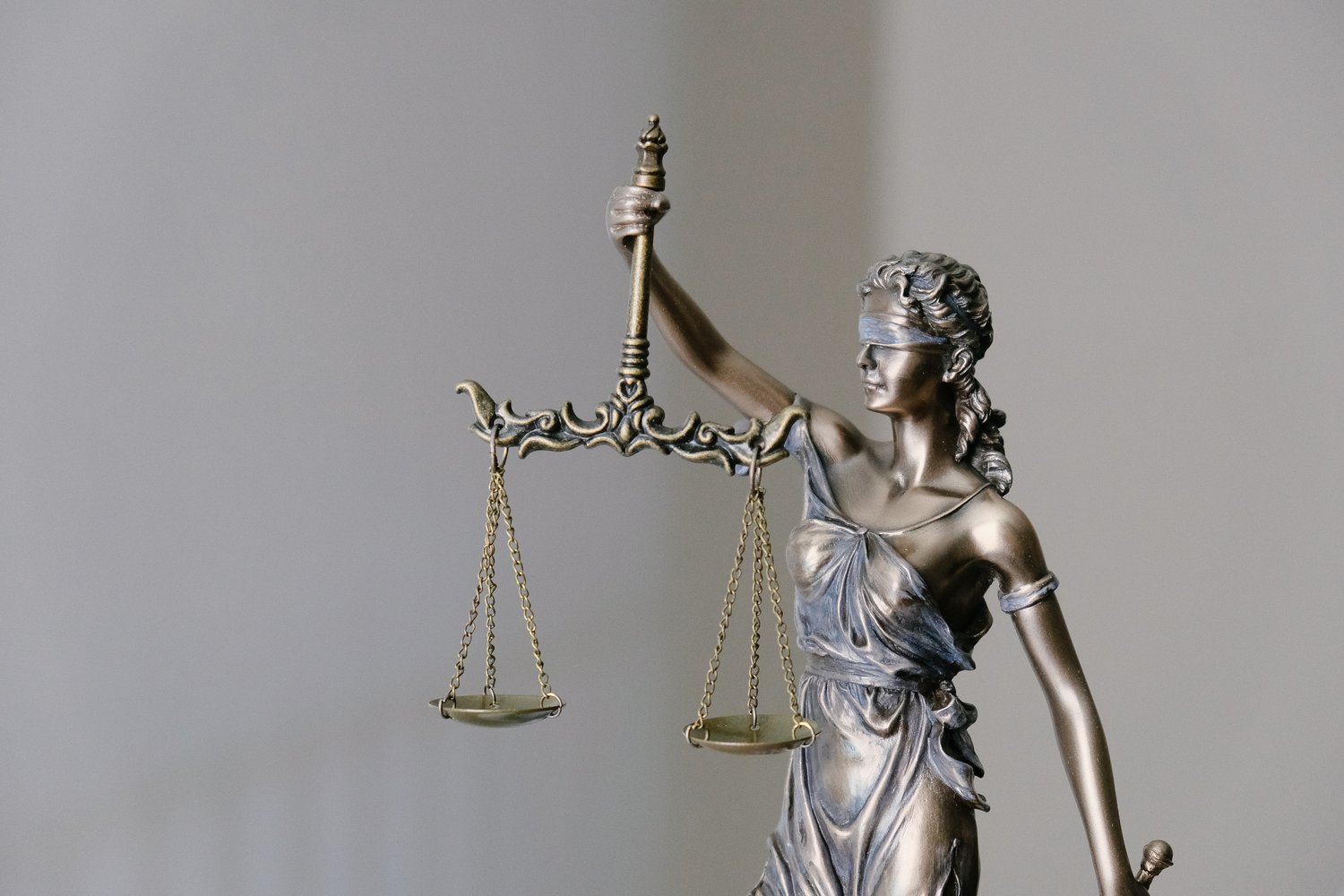Image: https://unsplash.com/photos/woman-in-dress-holding-sword-figurine-yCdPU73kGSc
by Nancy Fernandez
Law movies, often characterised by their intense courtroom dramas and intricate legal battles, have long held a unique place in the world of cinema. Over the years, these films have not only provided entertainment but have also significantly influenced public perception of the legal system. If you’re looking for legal support, you can learn more here.
This article delves into how law movies have reshaped people’s perspectives towards law, offering insights and analyses that highlight this intriguing intersection of film and legal culture.
The Power of Representation: Law in Cinema
Law movies, from classics like “To Kill a Mockingbird” to modern hits like “The Lincoln Lawyer,” have brought the intricacies of the legal system into the living rooms of the general public. These films often dramatize legal proceedings, making the law more accessible and, in many cases, more thrilling to the average person.
1. Demystifying the Legal Process
Many people’s first introduction to legal concepts comes from movies. Films like “A Few Good Men” and “Erin Brockovich” have demystified courtroom procedures and legal jargon. They’ve made concepts like cross-examination, legal ethics, and class-action lawsuits more comprehensible to those outside the legal profession.
2. Influencing Perceptions of Justice
Law movies often portray the legal system as a battleground for justice. They have fostered a perception that the law is inherently dramatic, with clear heroes and villains. This black-and-white portrayal can sometimes oversimplify the complexities and nuances of real-life legal cases.
3. Heroes in the Courtroom
The portrayal of lawyers in cinema has significantly impacted how they are viewed in society. Films like “Legally Blonde” have challenged stereotypes, showing that intelligence and legal acumen can come in unexpected packages. Meanwhile, movies like “Philadelphia” have highlighted the role of lawyers in fighting social injustices.
The Impact on Legal Aspirations
Cinema has undoubtedly played a role in inspiring many to pursue careers in law. The portrayal of charismatic, intelligent, and morally upright lawyers fighting for justice has made a career in law seem attractive and noble.
1. The Idealism Factor
Law movies often imbue a sense of idealism about the legal profession. They suggest that lawyers are in a unique position to effect change and uphold justice, an appealing prospect for many.
2. Misconceptions about the Legal Profession
While inspiring, these films can also create misconceptions. They often gloss over the less glamorous aspects of legal work, such as the extensive research, the paperwork, and the emotional toll of handling complex cases.
Reflecting Social Issues through Legal Drama
Image: https://unsplash.com/photos/a-woman-holding-a-clapper-over-her-face-A-obUh61bKw
Law movies frequently address social and ethical issues, reflecting and sometimes influencing public discourse.
1. Shaping Public Opinion
Films like “The Verdict” and “12 Angry Men” have provoked discussions about ethical dilemmas and the fallibility of the justice system. They’ve encouraged audiences to question and critically analyze legal processes and outcomes.
2. The Role of Advocacy
Some law films have played a role in advocating for legal reforms. By showcasing injustices and systemic flaws, they have raised awareness and sometimes even impacted legal policies.
Conclusion: A Mirror to Society’s Relationship with Law
In summary, law movies have significantly shaped public perspectives on the legal system. While they have made legal concepts more accessible and inspired many to pursue law, they also risk oversimplifying complex legal realities.
These films reflect society’s fascination with justice and the law, serving both as a form of entertainment and a powerful tool for social commentary. As cinema continues to evolve, its portrayal of the legal system will undoubtedly continue to influence public perception, inspiring ongoing dialogue about justice, ethics, and the role of law in society.



